Christy O'Connor: How one half of hurling between Cork and Tipp shaped the All-Stars like never before...
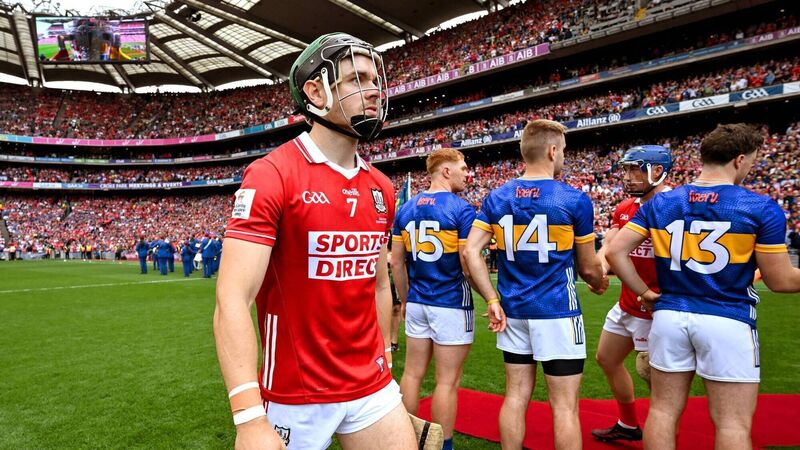
Mark Coleman of Cork before the 2025 All-Ireland hurling final against Tipperary at Croke Park. Picture: Stephen McCarthy/Sportsfile
Should one half of hurling really make that much difference to an end of season selection? It does when it comes to an All-Star team.
And it certainly did in the context of Cork’s second half collapse against Tipperary back in July.
It's all just a matter of conjecture now but at 4.10pm on July 20, at least six Cork players, possibly seven, were in pole position to win All-Stars if the pattern of the second half had followed the first. When it spectacularly didn’t, a handful of Cork players were suddenly outsprinted by a number of Tipperary players in the minds of the All-Stars selectors.
And it’s even rarer again where the All-Star landscape changed for one county on the back of one 35 minutes.
Cork have been here before, but the All-Star landscape radically shifted beneath their feet on the back of a complete no-show performance across 70 minutes in the 2021 All-Ireland final.
Prior to that game, at least four Cork players – Robert Downey, Niall O’Leary, Tim O’Mahony and Jack O’Connor – were in a solid position to win a maiden All-Star. A few months later, Cork became the first All-Ireland final runners-up not to receive an award.
Four is a decent number but it could have been double that amount if the second half had played out differently. When it didn’t, the chances of Alan Connolly, Tim O’Mahony, Patrick Collins and Mark Coleman went up in smoke.
Coleman is the unluckiest of the group not to have won an award because he was one of the few Cork players, especially defenders, to have performed well in the final, particularly in the second half when the roof was caving in around him.
Yet Coleman’s case study just underlines how a raft of the All-Ireland winning team will always outsprint the losing team in the minds of the All-Star selectors. Especially when they leave the beaten team in their wake.
Winning an All-Star is a huge honour for O’Donoghue, Joyce, Fitzgibbon and Hayes, but it’s even more special again for O’Donoghue, Joyce and Hayes to have won their first All-Star.
One of the dominant themes of the selection is the high volume of first-time winners, 10 in total.
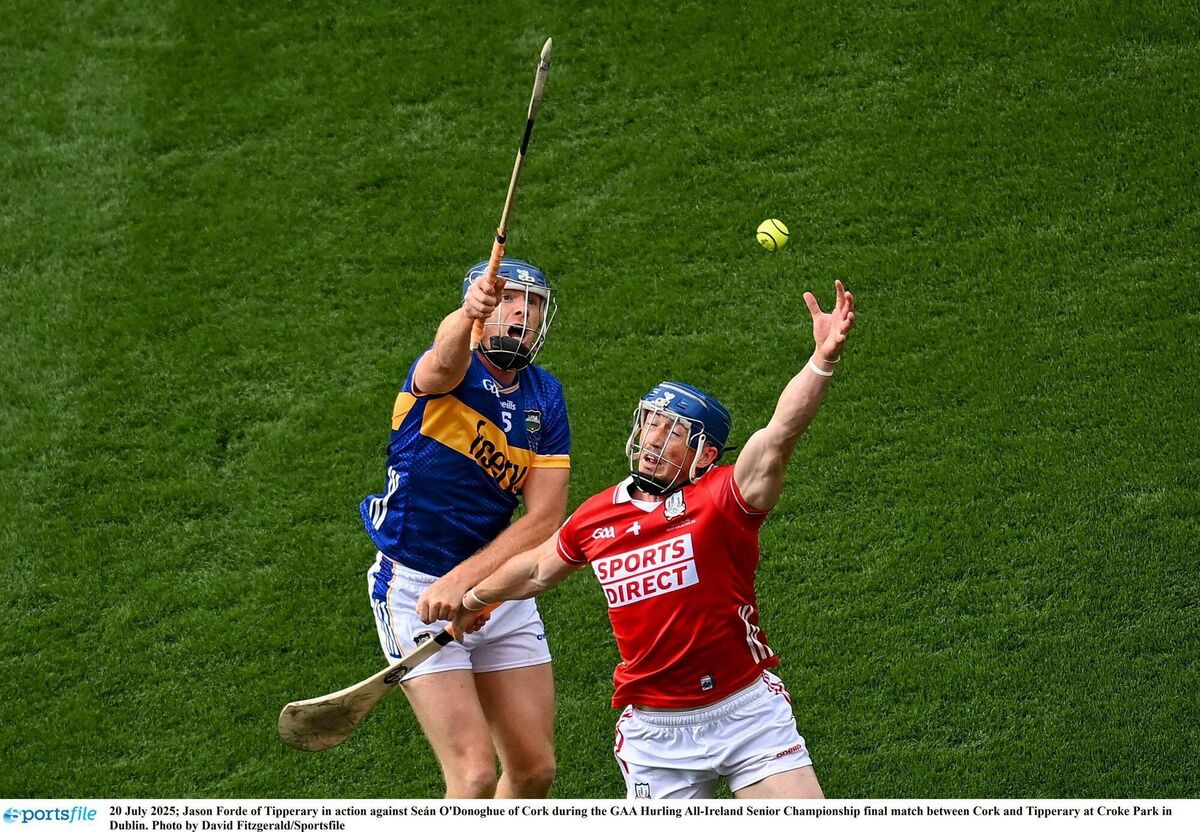
That’s certainly a big number when compared with the teams from the five previous years; there were six first-time winners in 2020 and 2021, five first-time recipients in 2022 and 2024, and just one maiden winner in 2023 – Eoin Cody. And Cody had already won successive Young Hurler-of-the-Year awards by then, in 2020 and 2021.
Tipperary effectively coming out of nowhere (especially when they weren’t even fancied to get out of Munster at the outset of the year) did raise the rookie numbers, especially when, prior to this year, Tipp hadn’t been to Croke Park since the 2019 All-Ireland final. In that context, it’s no real surprise that half of the 10 first-time winners are Tipp men.
Would those seven Tipp winners have targeted winning an All-Star at the outset of the year? One or two possibly might have – Ronan Maher and Jake Morris – but, if they’re being honest, the other five – Rhys Shelly, Robert Doyle, Andrew Ormond, Eoghan Connolly and John McGrath – would have been more concerned with, firstly, nailing down a starting 15 jersey and, secondly, winning a few games in Munster.
That might sound an outlandish claim in relation to a player of John McGrath’s talent and quality, but it’s not because of where the Loughmore-Castleiney man had found himself prior to this year; McGrath hadn’t started a championship game for Tipp since 2022; the last time he had started and finished a championship game was 2020.
McGrath never lost faith. He proved his genius throughout the summer when scoring 7-16 from play, but McGrath’s resurgence was a metaphor for the majority of Tipp’s maiden All-Stars.
After turning down an overture from Liam Cahill last year, Robert Doyle only joined the panel this year and was the breakthrough player of the championship, limiting Tony Kelly, Dessie Hutchinson, Eoin Cody and Alan Connolly to a meagre combined tally of just 0-4 from play.
Ormond was the other big breakthrough player of the season. He was 25 when he made his championship debut against Clare in round 3 in Munster but Ormond scored 2-1 from play that evening. Man-of-the-match against Waterford and Galway, Ormond scored 2-13 in the championship.
Shelly also didn’t get his first start in the championship until round 3 against Clare but he was exceptional once he regained the jersey. His puck-outs and game-management were excellent but Shelly cemented his All-Star when saving a penalty in the second half of the All-Ireland final, as well as becoming the first hurling goalkeeper to score from play in an All-Ireland final.
Eoghan Connolly had an outstanding season too. He ended the season with 0-15, 0-7 from play, but the timing and importance of some of those scores often outstripped their quality.
Moreover, he was outstanding in the second half of the All-Ireland final too when three of Connolly's deliveries led to Tipp’s three goals.
All of Tipperary’s All-Star award winners are fully deserving of their accolade. Yet one half of hurling was never more decisive to how many awards one team (Tipp) did win. And how many All-Stars another team (Cork) could have won.
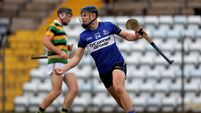
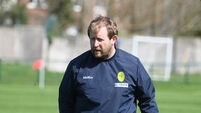
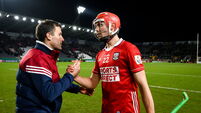
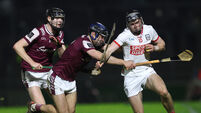
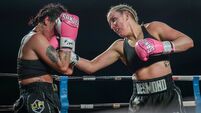
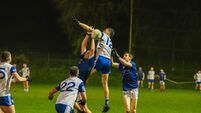
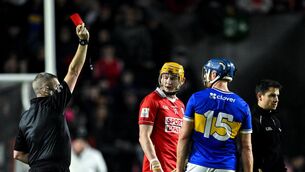



 App?
App?







